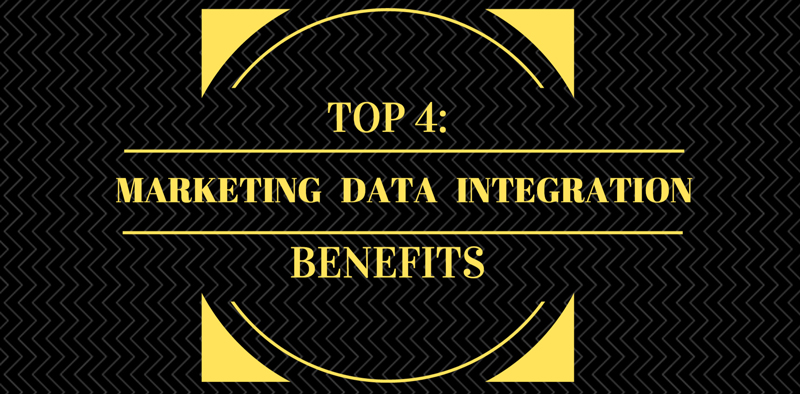Integration of marketing data and creating a “one view” of your prospects and customers is one of the most underestimated tasks in marketing.
Good marketing automation solutions can capture data from various sources such as email tracking, campaign history, website views, sales activity, social media engagement, and other transactional systems. A true “Lifecycle Marketing” solution can then take all of this information, cultivate it for data consistency and then integrate the multiple sources into a single database. Having this “single view” is critical for being able to target prospects and customers with relevant and timely content that helps to move individuals along in their buying journey. Conversely, this single view also allows for organizations to have a better understanding for what key content and activities are the ones that caused your brand to be noticed the first time as well as the ones that have helped to accelerate your sales.
The benefits of such data integration to name 4:
- Collating data from disparate sources and integrating into a single database helps to avoid the most common pitfalls associated with data management and analysis, such as duplicate data, redundant data, erroneous data and more.
- An integrated database improves efficiency by reducing duplicate work, eliminating time required in waiting for data from various sources, saving the energy of searching for the required data from various locations, and reducing the need for guesswork or assumptions owing to non-availability of the required data at the required time.
- An integrated database provides a cohesive, 360-degree view of the prospects and customers across all levels of the enterprise. This provides better insights to the marketing organization, allowing them to engage with prospects better, for sales teams to carry on from where marketing steps out, and for the top management to gain detailed and specific insights.
- An integrated database also provides the organization with a rich deluge of information that allows them to identify the prospects and customers that are actively engaged, those that are not, and those that might require special attention.
For more on data and why it matters to the modern marketer, be sure to check out “Can Your Data Predict Who Your Customers Will Be?“!

